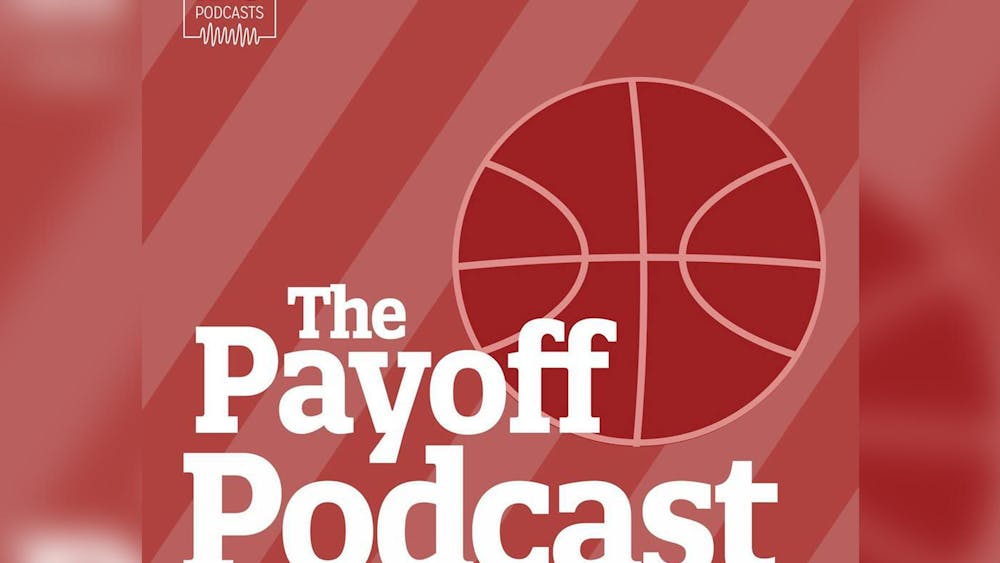NEW YORK -- While baseball negotiators intensified their meetings in hopes of completing a deal, teams began pushing back travel plans to prepare for a possible strike Friday.\nThe Chicago White Sox called off their Thursday charter to Detroit and said they would travel Friday only if there isn't a walkout. Boston rescheduled its charter to Cleveland for Friday, too, but St. Louis will travel Thursday for the following day's game at the Chicago Cubs, which would be the first game affected by a strike.\n"I'm still optimistic. I really think we're going to get something done," said Atlanta's Tom Glavine, the National League player representative. "I think there are still going to be some ups and downs between now and Thursday…But ultimately I'm optimistic that we're going to get something done."\nNot all players were as upbeat as Glavine.\n"I plan on striking Friday," Red Sox pitcher John Burkett said. "I think it's going to be long. I'm just going by my experience in '94."\nAfter negotiators met briefly Tuesday morning, players held a telephone conference call with the union staff. There was a lengthy bargaining session in the afternoon as the sides tried to avert baseball's ninth work stoppage since 1972.\nThe tone of the meetings was far more serious than in earlier days, several people on both sides of the negotiations said on condition of anonymity.\nOwners and players disagree on how much to increase revenue sharing and on the level of a luxury tax on high-payroll teams that would slow salary increases.\n"If the owners want a deal, there will be a deal," Cincinnati player representative Aaron Boone said. "The framework is there for a deal to be had."\nNegotiators have not commented publicly on the substance of the talks since the weekend, when they exchanged angry accusations. They met twice Monday and got closer to an agreement on testing for steroids, one major league general manager said, speaking on condition of anonymity.\nTuesday morning's session, according to the GM, touched on the union's desire not to have a luxury tax in the final year of the proposed contract, which would run through the 2006 season.\n"A deal, if both sides wanted, could be done in a day, that's how close we are at this point," Detroit's assistant player representative Brandon Inge said after the union's conference call.\nBurkett thinks the players already have moved too far toward owners in the talks.\n"They pretty much won the negotiation. They've pretty much got everything they wanted," said the pitcher, who had urged players to boycott last month's All-Star game, played in commissioner Bud Selig's hometown of Milwaukee.\nSome players scoffed at suggestions several owners believe they won't strike if there's no deal by Friday.\n"They doubted them in '94. They've doubted them since '72, probably," St. Louis player representative Steve Kline said. "Obviously, we walked every time. This year won't be any different. A lot of people want to break the union. That's the thing that makes me laugh, because our union is real strong."\nUnion head Donald Fehr has said he would prefer Selig rejoin the talks. Selig, who has not appeared at bargaining since January, has remained in Milwaukee, delegating the negotiations to his top aides.\nSome players feared Selig could distance himself from a deal reached by his negotiators. Rob Manfred, management's top labor lawyer, is confident owners will ratify any deal close to the offers he has made.\n"Their negotiators can talk, but they can't seal the deal for the owners," Kline said.\nSeeking to increase competitive balance, owners want to increase the percentage of locally generated revenue that teams share, and they want to tax high-payroll teams to discourage spending.\nManagement's last known offer, made Sunday, would tax the portions of payrolls over $107 million in the first three years of the new contract, a threshold that would increase to $111 million in 2006. The figures use the average annual value of contracts for players on 40-man rosters, plus about $7.7 million per team in benefits.\nPlayers have proposed thresholds of $125 million next year, $135 million in 2004, $145 million in 2005 and no tax in the final season of the deal.\nOwners gave proposed tax rates of 35-50 percent, depending on the number of times a team exceeds the threshold, while players have proposed rates of 15-40 percent.\nThe sides also disagree on revenue sharing, with players wanting to phase in changes so large amounts wouldn't immediately be drained from high-revenue teams.\nOwners proposed that teams share 36 percent of their locally generated revenue, up from 20 percent this year, and the union proposed 33.3 percent.\nThe owners' plan would transfer $263 million annually from baseball's richest teams to its poorest, using 2001 revenue figures for analysis. The union's proposal would phase in changes, transferring $172.3 million in 2003, $195.6 million in 2004, $219 million in 2005 and $242.3 million in 2006.
Teams start scrapping Thursday flights in preparation for strike
Some players still optimistic as strike date gets closer
Get stories like this in your inbox
Subscribe





